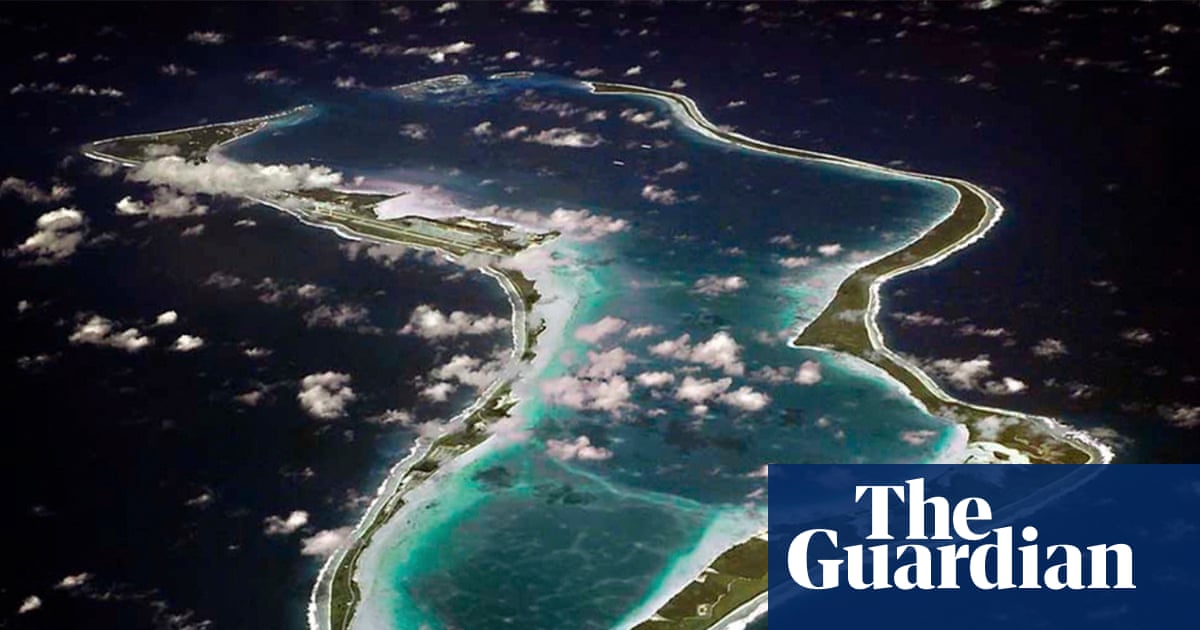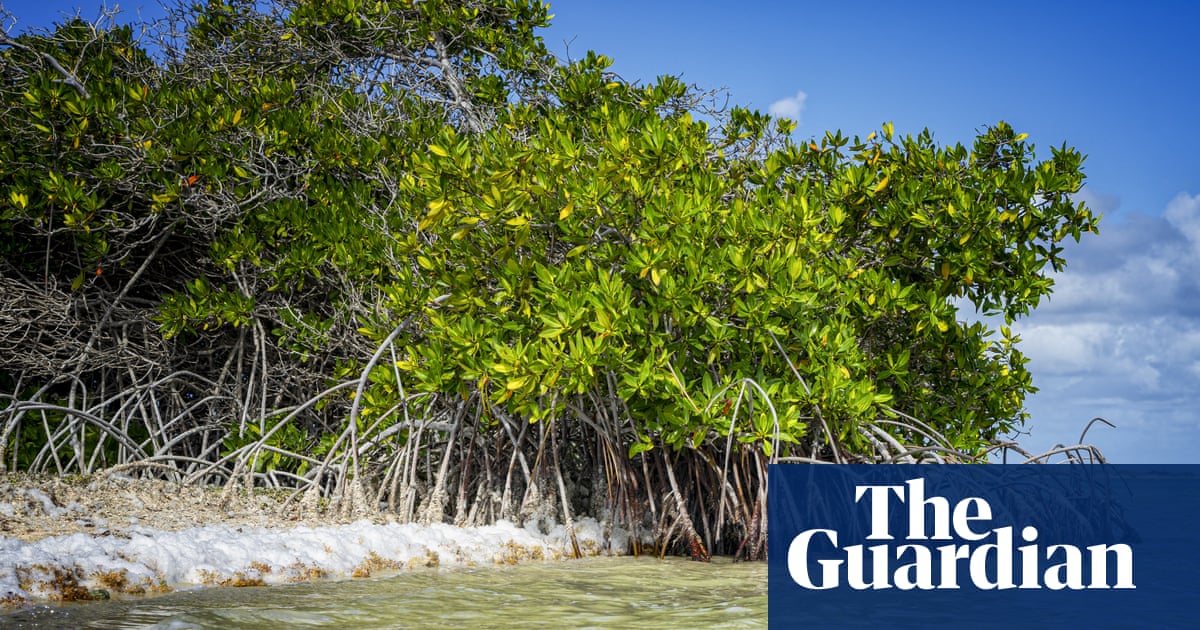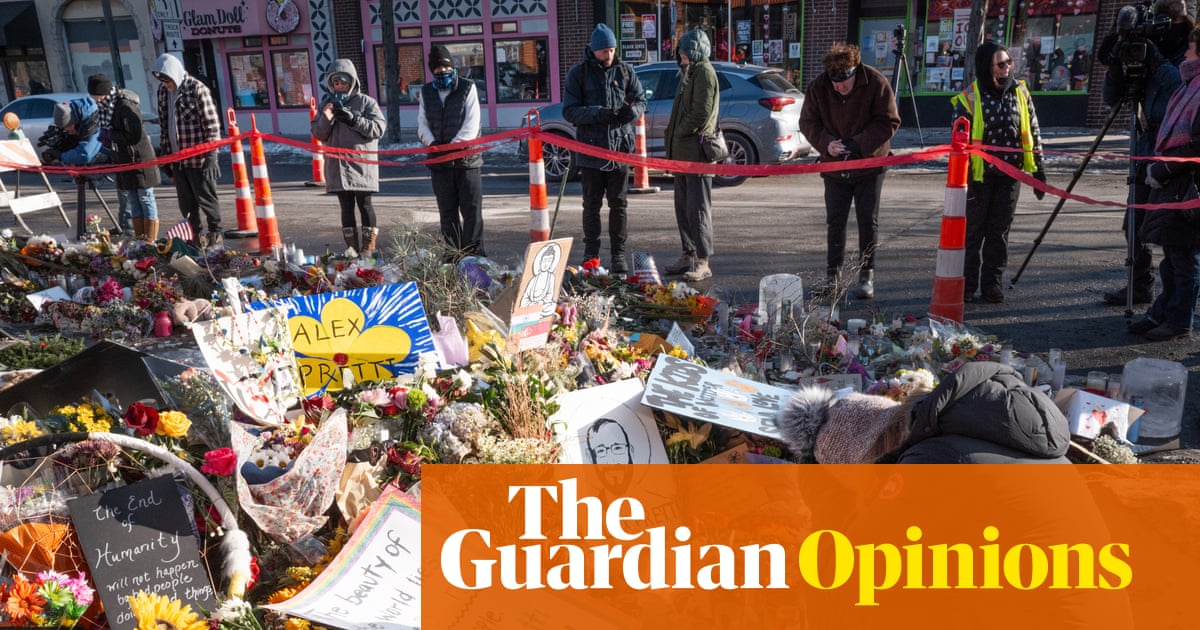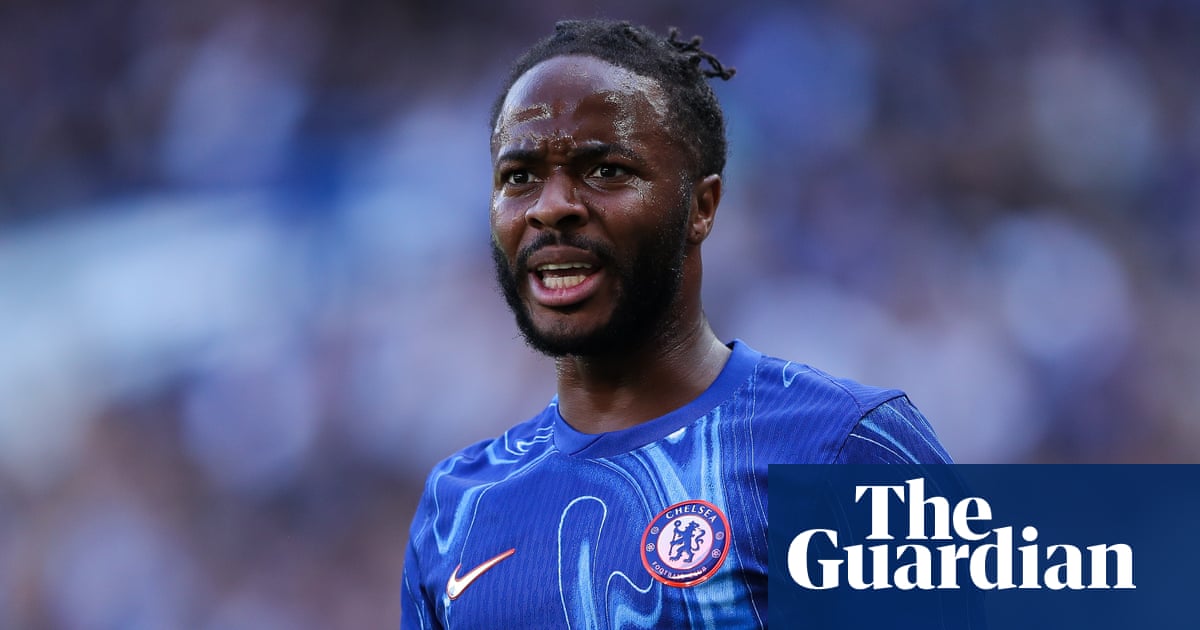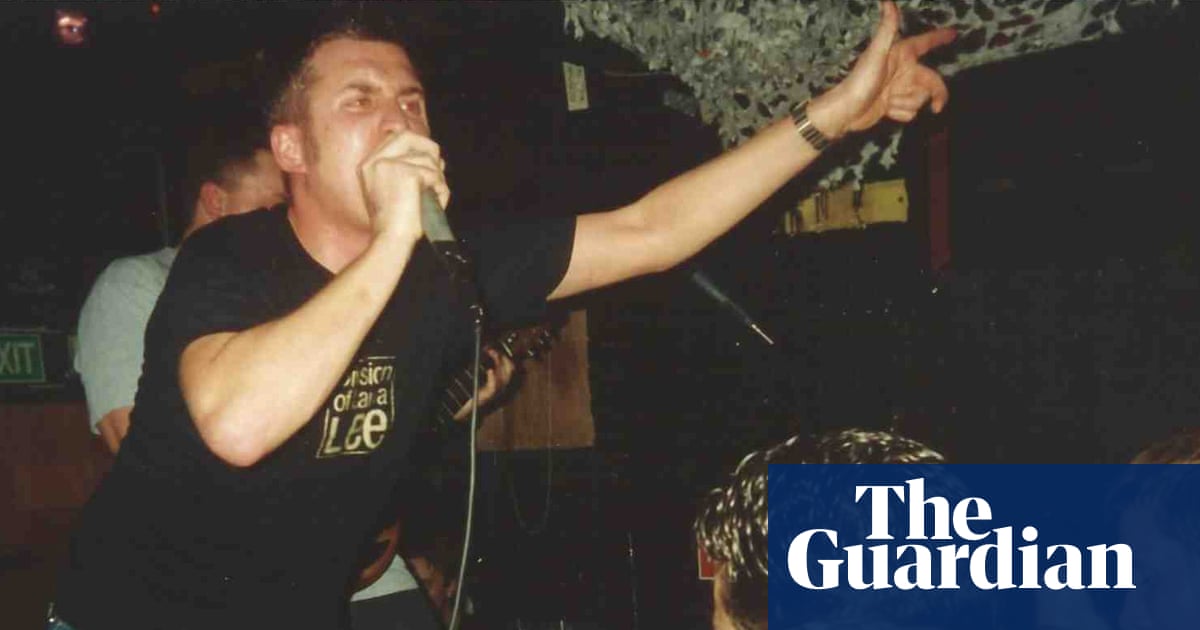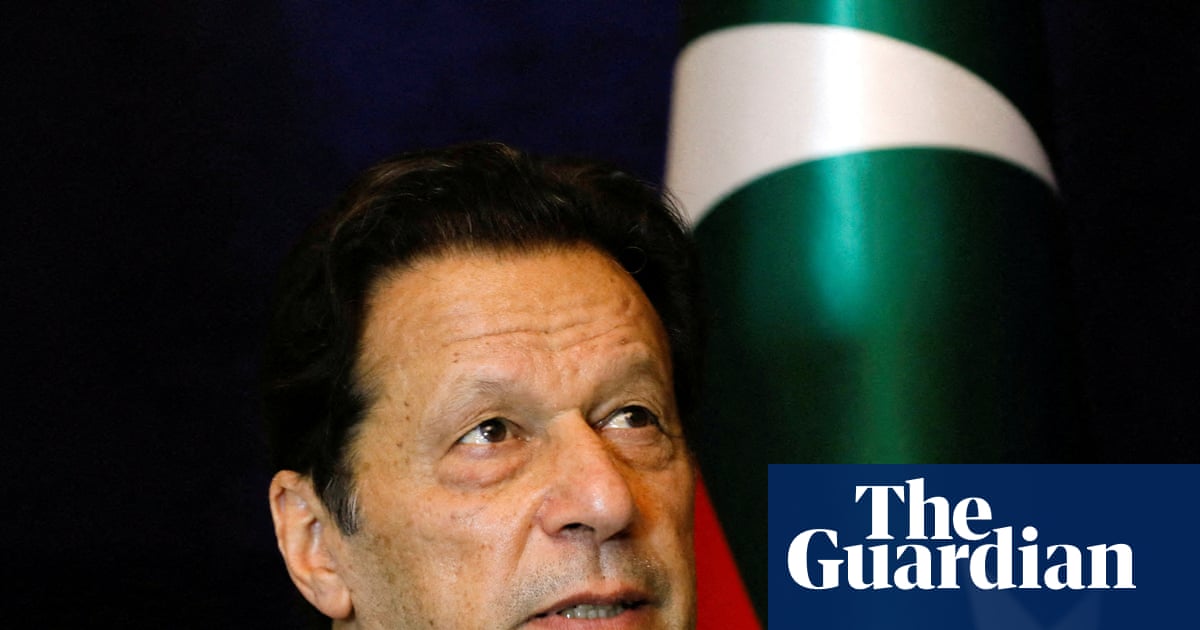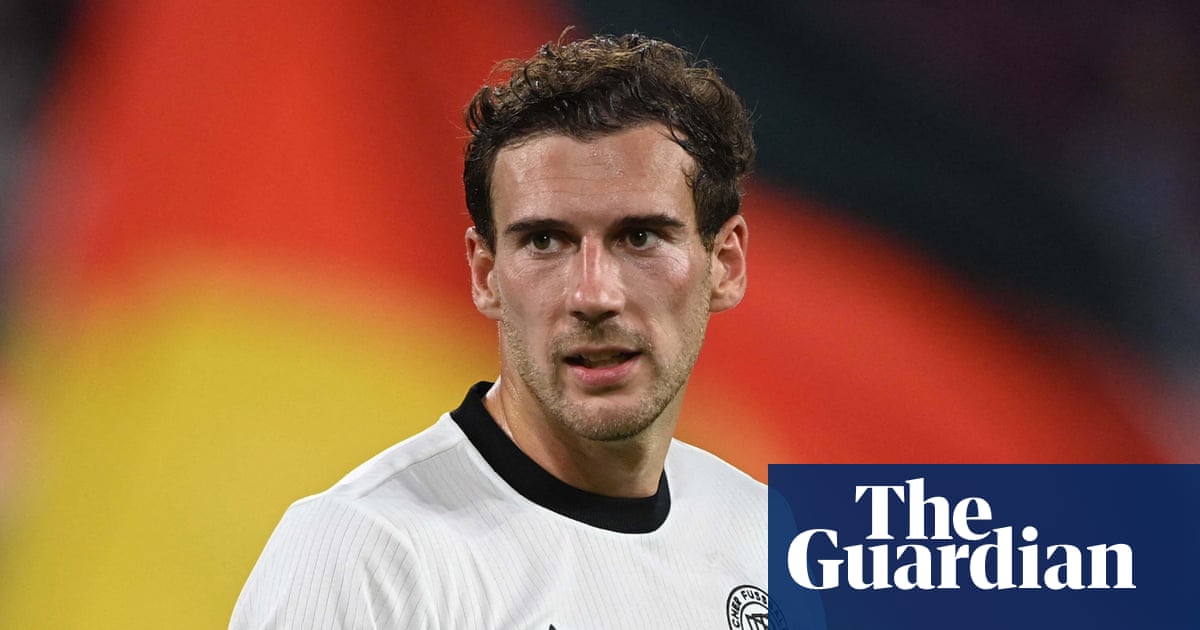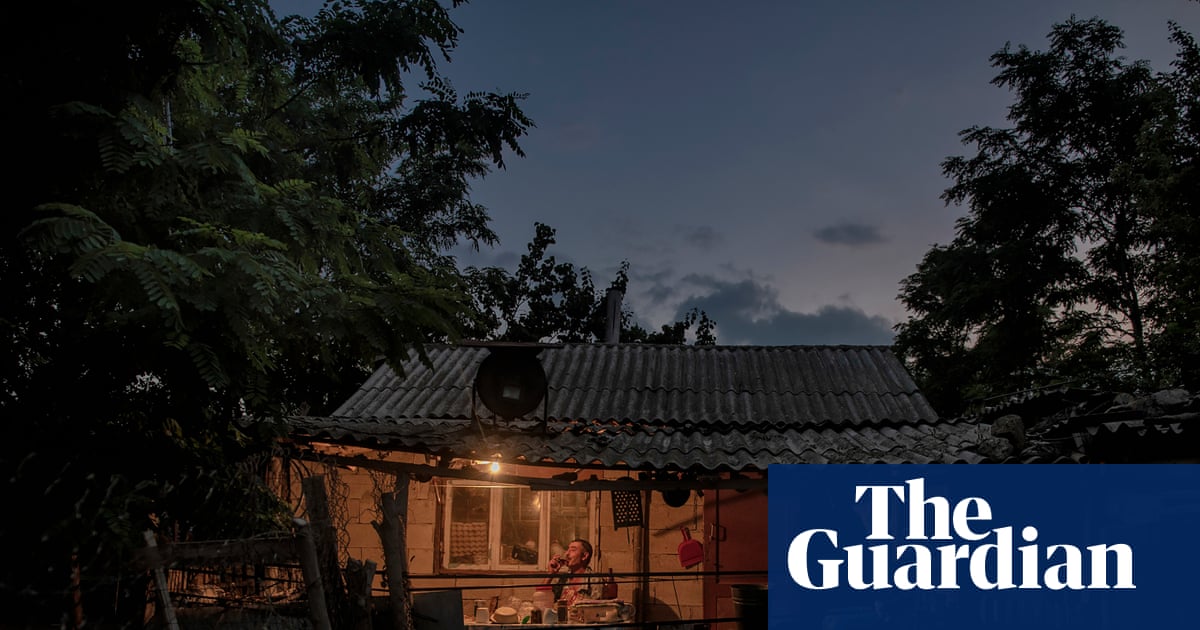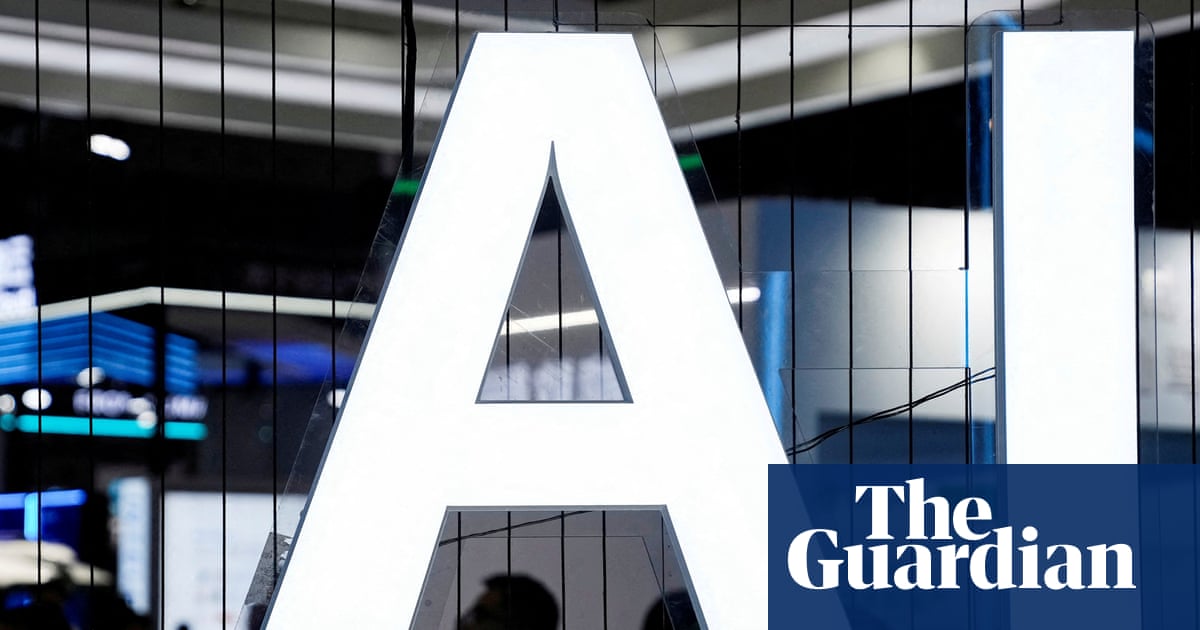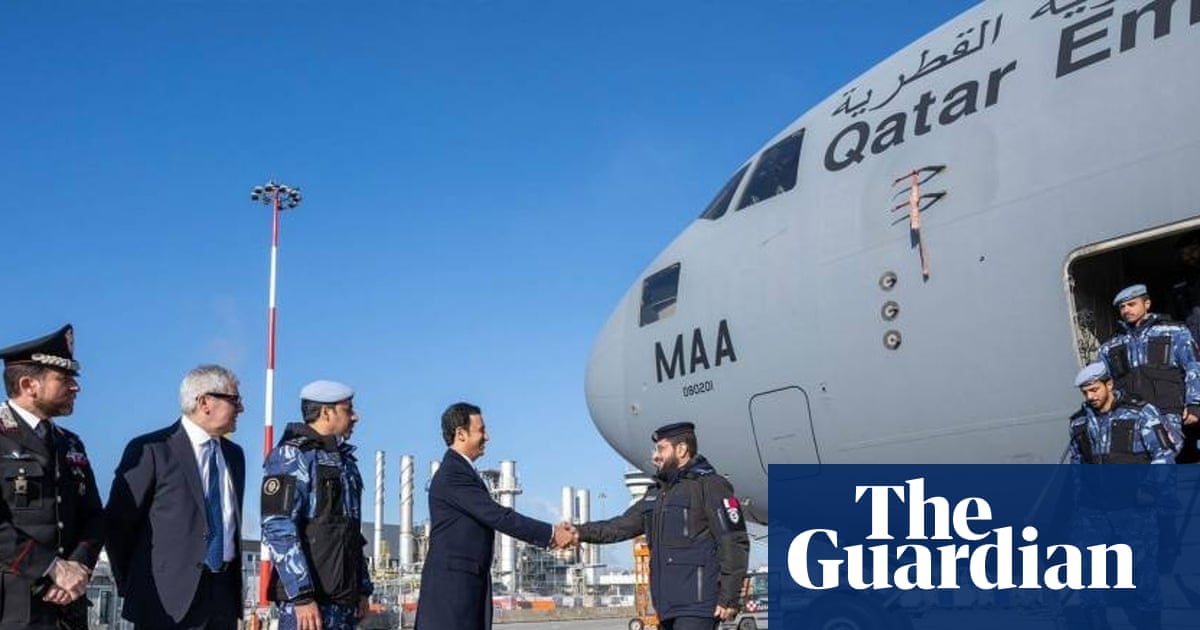Ecuador has released a man who survived a US strike on a suspected drug-trafficking submarine, after finding no evidence that he had committed a crime, the attorney general’s office has said.
The United States has deployed warships to the Caribbean off the coast of Venezuela since August, attacking mostly boats that US authorities said were running drugs.
These raids have killed at least 32 people and drawn angry reactions from some South American leaders.
US authorities repatriated the Ecuadorian man, who survived an attack last week on what Donald Trump said was a “very large drug-carrying submarine” headed for the United States.
The Ecuadorian attorney general’s office said in a statement there was “no report of a crime that has been brought to the attention of this institution” against the man, and therefore “he could not be detained”.
The man, who has not been identified, had “no pending cases against him”, it added.
Another survivor of the same strike was sent to his native Colombia, where Armando Benedetti, the interior minister, said he had “arrived with brain trauma, sedated, drugged, breathing with a ventilator”.
Authorities there said he would face prosecution.
Trump on Saturday bragged about destroying the vessel and labeled the men on board “terrorists”.
In a social media post, he claimed the submarine was loaded with fentanyl and other drugs. The attack also killed two crew members.
Asked why the two survivors were not taken to the United States to be prosecuted, JD Vance told reporters that “so long as they’re not bringing poison into our country”, he doesn’t “really care” what happens to them.
Daniel Noboa, Ecuador’s president, said in a post on X on Monday, tagging Trump’s account, that his government was determined to fight drug trafficking.
“Ecuador stands firm in the global fight against drug trafficking and illegal mining, challenges that demand unity among nations committed to peace and prosperity,” Noboa said.
Ecuador, once considered one of Latin America’s safest nations, has seen a dramatic surge in violence in recent years.
Strategically located between Colombia and Peru, two of the world’s largest cocaine producers, it has become a major transit hub for narcotics.
Some regional leaders, like Gustavo Petro, Colombia’s president, have harshly criticized the US attacks.
In a post on X, Petro said the US operation was part of a “failed strategy” to “control Latin America... and obtain cheap oil from Venezuela”.
Last month, Washington announced it had decertified Colombia as an ally in the fight against drugs. Colombia hit back by halting arms purchases from the United States, its biggest military partner.

 3 months ago
70
3 months ago
70

